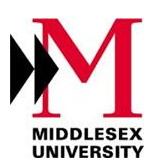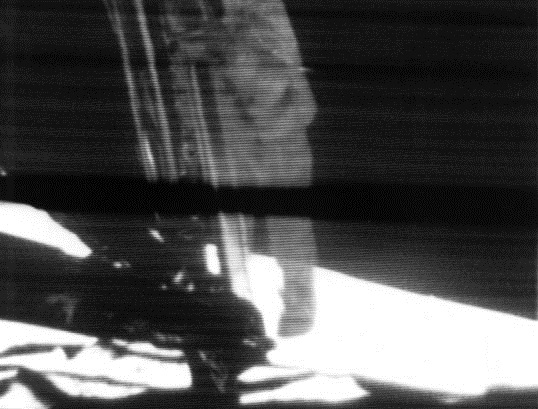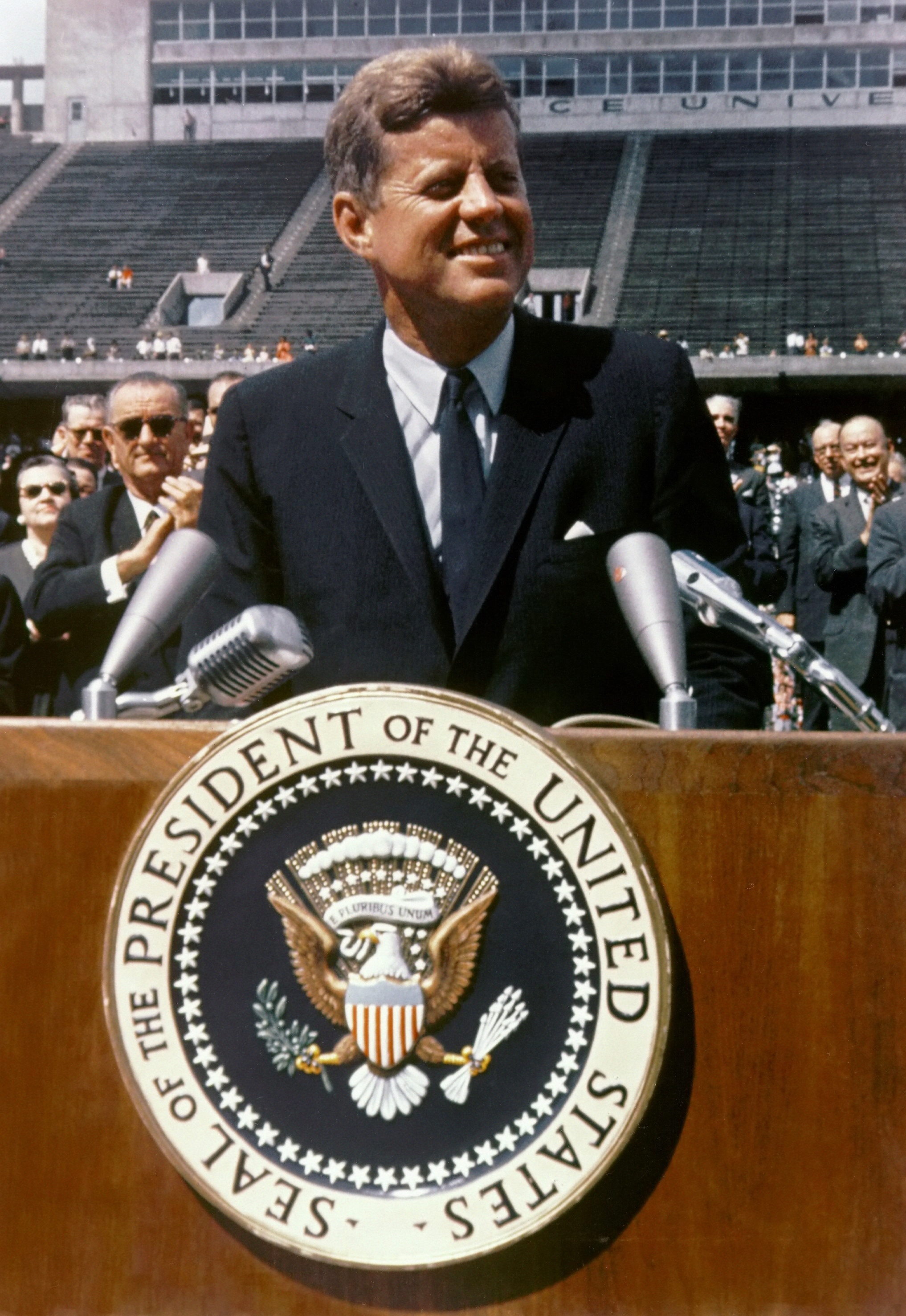|
David Melville (academic)
Sir David Melville, (born 4 April 1944) is a British physicist, academic, academic administrator, and public servant. He was Vice-Chancellor of Middlesex University from 1991 to 1996, Chief executive of the Further Education Funding Council for England from 1996 to 2001, and Vice-Chancellor of the University of Kent from 2001 to 2007. Early life and education Melville was born on 4 April 1944 in Gateshead, Durham, England. He was educated at Clitheroe Royal Grammar School, then an all-boys grammar school in Clitheroe, Lancashire. He studied physics at the University of Sheffield, graduating with a Bachelor of Science (BSc) degree in 1965; he was the first of his family to attend university. Having been awarded a NASA scholarship, he studied for a year at Columbia University in New York City, United States, and graduated with a graduate diploma in space physics. During that year he worked on the Apollo programme of human spaceflight and the preparation of the Apollo 11 Moon la ... [...More Info...] [...Related Items...] OR: [Wikipedia] [Google] [Baidu] |
University Of Kent
The University of Kent (formerly the University of Kent at Canterbury, abbreviated as UKC) is a Collegiate university, collegiate public university, public research university based in Kent, United Kingdom. The university was granted its royal charter on 4 January 1965 and the following year Princess Marina of Greece and Denmark, Princess Marina, Duchess of Kent, was formally installed as the first Chancellor (education), Chancellor. The university has its main campus north of Canterbury situated within of parkland, housing over 6,000 students, as well as a campus in Medway in Kent and a postgraduate centre in Paris. The university is international, with students from 158 different nationalities and 41% of its academic and research staff being from outside the United Kingdom. It is a member of the Santander Network of European universities encouraging social and economic development. History Origins A university in the city of Canterbury was first considered in 1947, w ... [...More Info...] [...Related Items...] OR: [Wikipedia] [Google] [Baidu] |
NASA
The National Aeronautics and Space Administration (NASA ) is an independent agencies of the United States government, independent agency of the federal government of the United States, US federal government responsible for the United States's civil list of government space agencies, space program, aeronautics research and outer space, space research. National Aeronautics and Space Act, Established in 1958, it succeeded the National Advisory Committee for Aeronautics (NACA) to give the American space development effort a distinct civilian orientation, emphasizing peaceful applications in space science. It has since led most of America's space exploration programs, including Project Mercury, Project Gemini, the 1968–1972 Apollo program missions, the Skylab space station, and the Space Shuttle. Currently, NASA supports the International Space Station (ISS) along with the Commercial Crew Program and oversees the development of the Orion (spacecraft), Orion spacecraft and the Sp ... [...More Info...] [...Related Items...] OR: [Wikipedia] [Google] [Baidu] |
Universities In The United Kingdom
Universities in the United Kingdom have generally been instituted by royal charter, papal bull, Act of Parliament, or an instrument of government under the Further and Higher Education Act 1992 or the Higher Education and Research Act 2017. Degree awarding powers and the 'university' title are protected by law, although the precise arrangements for gaining these vary between the constituent countries of the United Kingdom. Institutions that hold degree awarding powers are termed ''recognised bodies'', this list includes all universities, university colleges and colleges of the University of London, some higher education colleges, and the Lambeth degree, Archbishop of Canterbury. Degree courses may also be provided at ''listed bodies'', leading to degrees validated by a recognised body. Undergraduate applications to almost all UK universities are managed by the Universities and Colleges Admissions Service (UCAS). While legally, 'university' refers to an institution that has been ... [...More Info...] [...Related Items...] OR: [Wikipedia] [Google] [Baidu] |
Polytechnic (United Kingdom)
A polytechnic was a tertiary education teaching institution in England, Wales () and Northern Ireland offering higher diplomas, undergraduate degree and postgraduate education (masters and PhD) that was governed and administered at the national level by the Council for National Academic Awards. At the outset, the focus of polytechnics was on STEM subjects, with a special emphasis on engineering. After the passage of the Further and Higher Education Act 1992 they became independent universities, which meant they could award their own degrees. The comparable institutions in Scotland were collectively referred to as Central Institutions. Like polytechnics or technological universities (institute of technology) in other countries, their aim was to teach both purely academic and professional vocational degrees (engineering, computer science, law, architecture, management, business, accounting, journalism, town planning, etc.). Their original focus was applied education for profession ... [...More Info...] [...Related Items...] OR: [Wikipedia] [Google] [Baidu] |
Middlesex Polytechnic
Middlesex University London (legally Middlesex University and abbreviated to MDX) is a public research university based in Hendon, northwest London, England. The university also has campuses in Dubai and Mauritius. The name of the university is derived from its location within the historic county boundaries of Middlesex. The university's history can be traced to 1878 when its founding institute, St Katharine's College, was established in Tottenham as a teacher training college for women. Having merged with several other institutes, the university was consolidated in its current form in 1992. It is one of the post-1992 universities (former polytechnics). Middlesex has a student body of over 19,000 in London and over 37,000 globally. The university has student exchange links with over 100 universities in 22 countries across Europe, the United States, and the world. More than 140 nationalities are represented at Middlesex's Hendon campus alone. Additionally, it has campuses in Du ... [...More Info...] [...Related Items...] OR: [Wikipedia] [Google] [Baidu] |
Lancashire Polytechnic
The University of Lancashire (previously abbreviated UCLan) is a public university based in the city of Preston, Lancashire, England. It has its roots in ''The Institution For The Diffusion Of Useful Knowledge'', founded in 1828. Previously known as The University of Central Lancashire, Harris Art College, Preston Polytechnic and Lancashire Polytechnic, in 1992 it was granted university status by the Privy Council. The university is the 19th largest in the UK in terms of student numbers. In December 2024, the university received approval from the Office for Students to change its name to the University of Lancashire, with the rebrand intended to come into effect by September 2025. History The Institution for the Diffusion of Knowledge was founded in 1828 by Joseph Livesey's Temperance Society. The society was born from a pledge made by seven Preston working men (whose names can be seen on a plaque in the university's library) to never again consume alcohol. The institute w ... [...More Info...] [...Related Items...] OR: [Wikipedia] [Google] [Baidu] |
University Of Southampton
The University of Southampton (abbreviated as ''Soton'' in post-nominal letters) is a public university, public research university in Southampton, England. Southampton is a founding member of the Russell Group of research-intensive universities in the United Kingdom. The university has seven campuses. The Highfield Campus, main campus is located in the Highfield, Hampshire, Highfield area of Southampton and is supplemented by four other campuses within the city: Avenue Campus housing the School of Humanities, the National Oceanography Centre, Southampton, National Oceanography Centre housing courses in Ocean and Earth Sciences, Southampton General Hospital offering courses in Medicine and Health Sciences, and Boldrewood Campus housing an engineering and maritime technology campus and Lloyd's Register. In addition, the university operates a Winchester School of Art, School of Art based in nearby Winchester and an international branch in Malaysia offering courses in Engineering ... [...More Info...] [...Related Items...] OR: [Wikipedia] [Google] [Baidu] |
Postgraduate Research
Postgraduate research represents a formal area of study that is recognized by a university or institute of higher learning. The notion of "postgraduate" refers to studies following a undergraduate degree. Postgraduate research either occurs within a postgraduate degree that also includes taught elements, such as the thesis completed after the all but dissertation stage of an American-style Doctor of Philosophy (PhD) degree, or refers to research degrees common in Commonwealth countries such as a masters by research or British-style doctorate. Structure The structure of postgraduate research programs can vary significantly from one country to another. To enter into a PhD program in the United States, students generally must have some form of prerequisite study beyond their basic graduate qualification. This may be a Master's coursework program, which acts as a qualifier for entry. In other countries, entry to Doctoral or Master's research programs is based on the academic track ... [...More Info...] [...Related Items...] OR: [Wikipedia] [Google] [Baidu] |
Moon Landing
A Moon landing or lunar landing is the arrival of a spacecraft on the surface of the Moon, including both crewed and robotic missions. The first human-made object to touch the Moon was Luna 2 in 1959. In 1969 Apollo 11 was the first crewed mission to land on the Moon. There were List of Apollo missions#Crewed missions, six crewed landings between 1969 and 1972, and numerous uncrewed landings. All crewed missions to the Moon were conducted by the Apollo program, with the last departing the lunar surface in December 1972. After Luna 24 in 1976 there were no Soft landing (aeronautics), soft landings on the Moon until Chang'e 3 in 2013. All soft landings took place on the near side of the Moon until January 2019, when Chang'e 4 made the first landing on the far side of the Moon. Uncrewed landings Government landings Six government space agencies, Interkosmos, NASA, China National Space Administration, CNSA, Department of Space, DOS, JAXA and European Space Agency, ESA, ha ... [...More Info...] [...Related Items...] OR: [Wikipedia] [Google] [Baidu] |
Apollo 11
Apollo 11 was a spaceflight conducted from July 16 to 24, 1969, by the United States and launched by NASA. It marked the first time that humans Moon landing, landed on the Moon. Commander Neil Armstrong and Lunar Module pilot Buzz Aldrin landed the Lunar Module Eagle, Lunar Module ''Eagle'' on July 20, 1969, at 20:17 Coordinated Universal Time, UTC, and Armstrong became the first person to step onto the Moon's surface six hours and 39 minutes later, on July 21 at 02:56 UTC. Aldrin joined him 19 minutes later, and they spent about two and a quarter hours together exploring the site they had named Tranquility Base upon landing. Armstrong and Aldrin collected of lunar material to bring back to Earth as pilot Michael Collins (astronaut), Michael Collins flew the Command Module Columbia, Command Module ''Columbia'' in lunar orbit, and were on the Moon's surface for 21 hours, 36 minutes, before lifting off to rejoin ''Columbia''. Apollo 11 was launched by a Saturn V rocket from ... [...More Info...] [...Related Items...] OR: [Wikipedia] [Google] [Baidu] |
Human Spaceflight
Human spaceflight (also referred to as manned spaceflight or crewed spaceflight) is spaceflight with a crew or passengers aboard a spacecraft, often with the spacecraft being operated directly by the onboard human crew. Spacecraft can also be telerobotic, remotely operated from ground stations on Earth, or Autonomous robot, autonomously, without any direct human involvement. People trained for spaceflight are called astronauts (American or other), ''cosmonauts'' (Russian), or ''taikonauts'' (Chinese); and non-professionals are referred to as spaceflight participants or ''spacefarers''. The first human in space was Soviet Union, Soviet cosmonaut Yuri Gagarin, who launched as part of the Soviet Union's Vostok program on Cosmonautics Day, 12 April 1961 at the beginning of the Space Race. On 5 May 1961, Alan Shepard became the first American in space, as part of Project Mercury. Humans traveled to the Moon nine times between 1968 and 1972 as part of the United States' Apollo progr ... [...More Info...] [...Related Items...] OR: [Wikipedia] [Google] [Baidu] |




